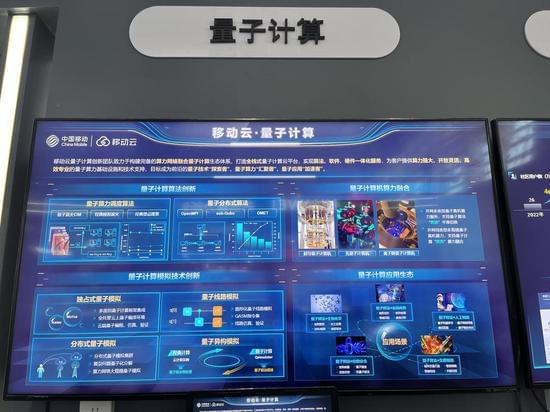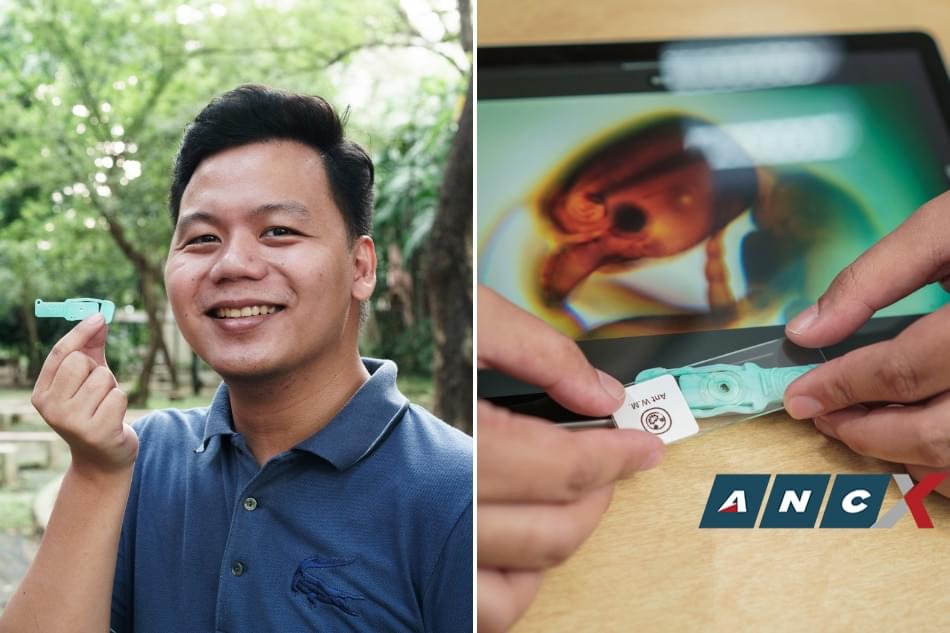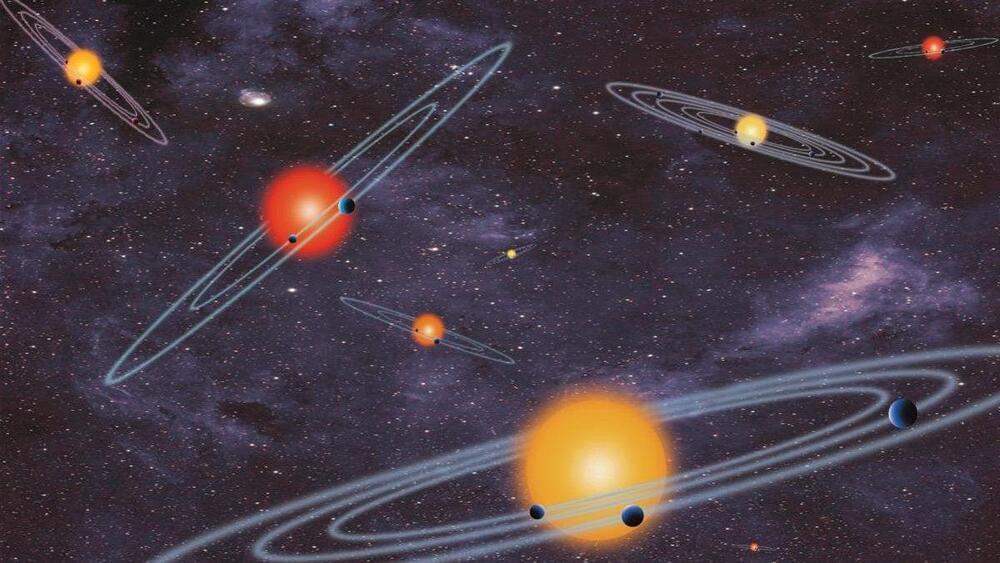When you think about it, it seems impossible: a microscope so small and lightweight you can carry it like a keychain. But enter the Make-roscope, an invention of Jeremy De Leon, a 28-year-old Manufacturing Engineering graduate of Mapua University.
Used with a smartphone or tablet—simply place the Make-roscope on top of the gadget’s front camera—the invention can magnify organisms up to 400 times. And because it is made of food-grade silicone and a special type of lens, it is also handy, waterproof, and will be good to use for a very long time. While the principles behind pocket microscopes already exist, Jeremy’s new design innovation provides better ease of use.
Jeremy’s Make-roscope kit, which includes an information card, tweezers, keychain, cleaning cloth, blank glass slides, prepared specimen, pipette, specimen tubes, and cotton swabs, won the biggest prize in the Philippine leg of the James Dyson Award out of 47 entries from 12 universities. Jeremy says he will use the P330,000 prize money to further develop his invention.







